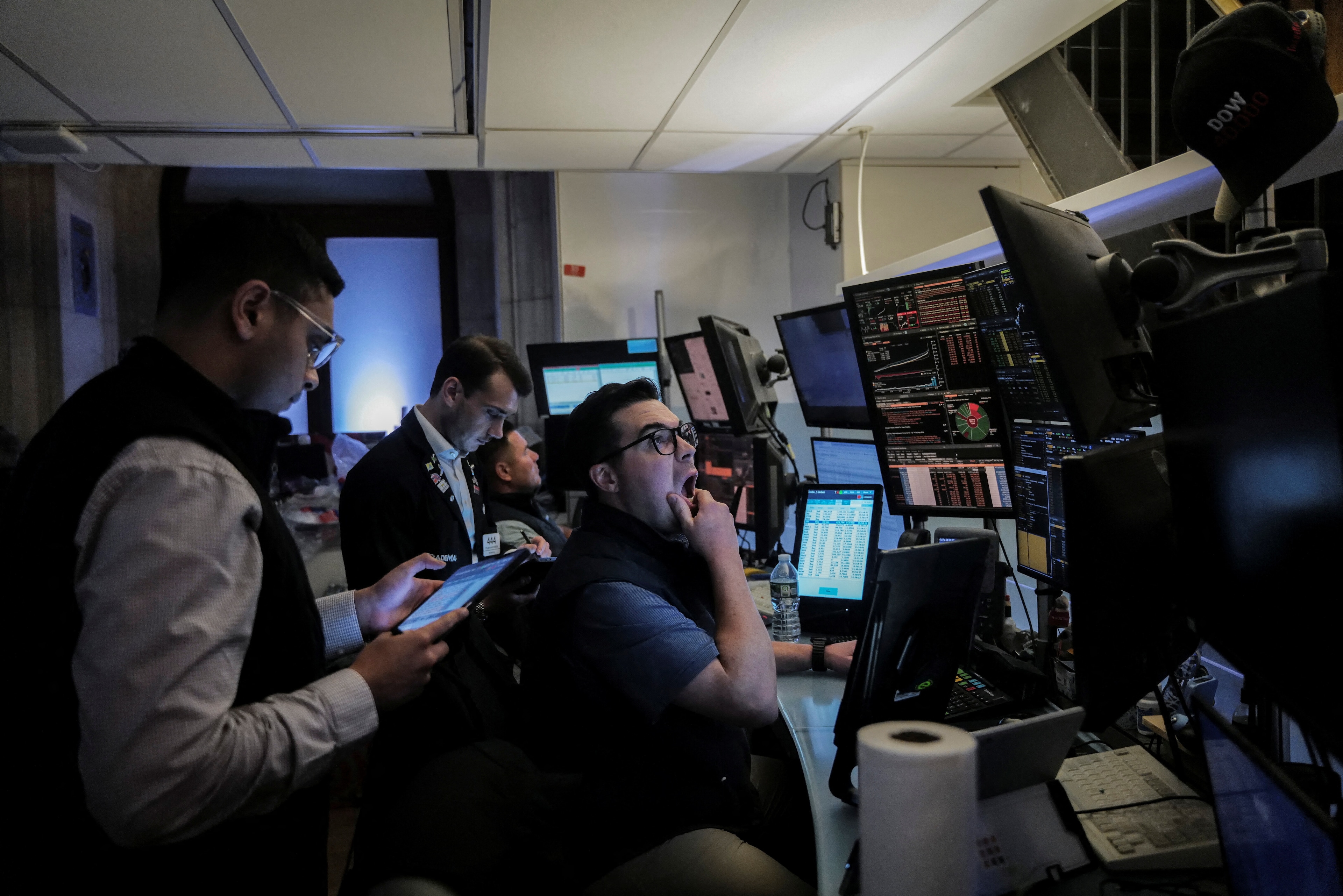Reasons to be optimistic about the world economy

Stay up to date:
Economic Progress
The conventional wisdom about the state of the world economy goes something like this: Since the start of the 2007-2008 financial crisis, the developed world has struggled to recover, with only the United States able to adjust. Emerging countries have fared better, but they, too, have started to flounder lately. In a bleak economic climate, the argument goes, the only winners have been the wealthy, resulting in skyrocketing inequality.
That scenario sounds entirely right – until, on closer examination, it turns out to be completely wrong.
Start with economic growth. According to the International Monetary Fund, during the first decade of this century, annual global growth averaged 3.7%, compared to 3.3% in the 1980s and 1990s. In the last four years, growth has averaged 3.4%. This is far lower than what many had hoped; in 2010, I predicted that in the coming decade, the world could grow at a 4.1% annual rate. But 3.4% is hardly disastrous by historical standards.
For Japan, the US, and the United Kingdom, the prospects are brighter. It should be relatively straightforward for them to grow at an average rate that outpaces that of the last decade – a period that includes the peak of the financial crisis. In addition, the dramatic drop in the price of crude oil will serve as the equivalent of a large tax cut for consumers. Indeed, I am rather baffled by the IMF’s decision to downgrade its growth forecast for much of the world. If anything, with oil prices falling, an upward revision seems warranted.
Another factor supporting a more positive outlook is the rebalancing that has occurred between the US and China, the world’s two largest economies. Each entered the financial crisis with huge current-account imbalances. The US was running a deficit of more than 6.5% of its GDP, and China had a surplus of close to 10% of its GDP. Today, the US deficit has fallen to about 2%, and the Chinese surplus is less than 3%. Given that their intertwined imbalances were key drivers of the financial crisis, this is a welcome development.
It has recently become fashionable to disparage the economic performance of the large emerging countries, particularly China and the other BRIC economies (Brazil, Russia, and India). But it is hardly a surprise that these countries are no longer growing as fast as they once did. In 2010, I predicted that China’s annual growth would slow to 7.5%. It has since averaged 8%. India’s performance has been more discouraging, though growth has picked up since early 2014.
The only real disappointments are Brazil and Russia, both of which have struggled (again, not surprisingly) with much lower commodity prices. Their lethargic performance, together with the eurozone’s, is the main reason why the world economy has not managed the 4.1% growth that optimists like me thought was feasible.
The conventional wisdom on wealth and inequality is similarly mistaken. From 2000 to 2014, global GDP more than doubled, from $31.8 trillion to over $75 trillion. Over the same period, China’s nominal GDP soared from $1.2 trillion to more than $10 trillion – growing at more than four times the global rate.
In 2000, the BRIC economies’ combined size was about a quarter of US GDP. Today, they have nearly caught up, with a combined GDP of more than $16 trillion, just short of America’s $17.4 trillion. Indeed, since 2000, the BRICs have been responsible for nearly a third of the rise in nominal global GDP. And other emerging countries have performed similarly well. Nigeria’s economy has grown 11-fold since 2000, and Indonesia’s has more than quintupled. Since 2008, these two developing giants have contributed more to global GDP growth than the EU has.
Statistics like these utterly disprove the idea that global inequality is growing. Gaps in income and wealth may be shooting up within individual countries, but per capita income in developing countries is rising much faster than in the advanced economies. Indeed, that is why one of the key targets of the United Nations Millennium Development Goals – to halve the number of people living in absolute poverty – was achieved five years ahead of the deadline.
None of this is meant to deny that we are living in challenging and uncertain times. But one thing is clear: economically, at least, the world is continuing to become a better place.
This article first appeared on Bruegel Blog. Publication does not imply endorsement of views by the World Economic Forum.
To keep up with Forum:Agenda subscribe to our weekly newsletter.
Author: Jim O‘Neill is a non resident scholar at Bruegel.
Image: A man walks past buildings at the central business district of Singapore. REUTERS/Nicky Loh
Don't miss any update on this topic
Create a free account and access your personalized content collection with our latest publications and analyses.
License and Republishing
World Economic Forum articles may be republished in accordance with the Creative Commons Attribution-NonCommercial-NoDerivatives 4.0 International Public License, and in accordance with our Terms of Use.
The views expressed in this article are those of the author alone and not the World Economic Forum.
Forum Stories newsletter
Bringing you weekly curated insights and analysis on the global issues that matter.
More on Economic GrowthSee all
Chavalit Frederick Tsao
August 19, 2025
Laurel Taylor
August 18, 2025
Yufang Jia and William Jernigan
August 18, 2025
Antara Choudhury and Vivin Rajasekharan Nair
August 14, 2025
Atul Kumar
August 12, 2025




